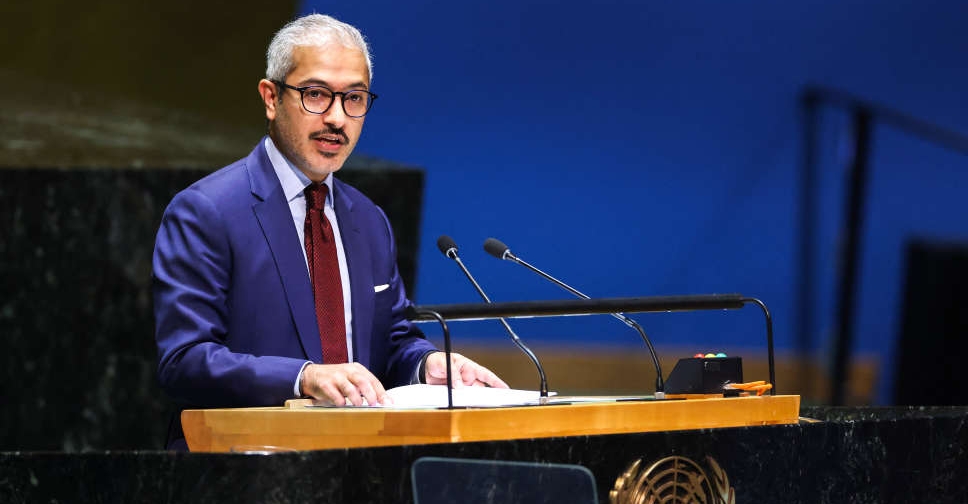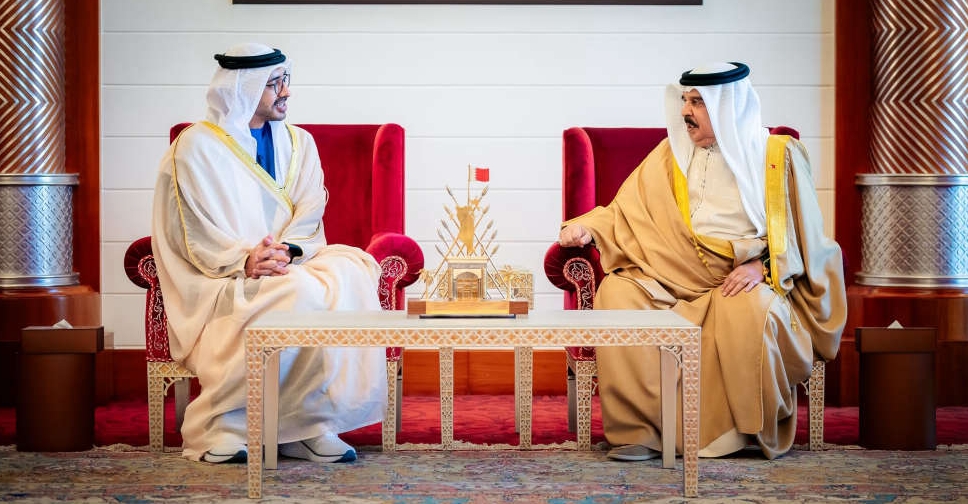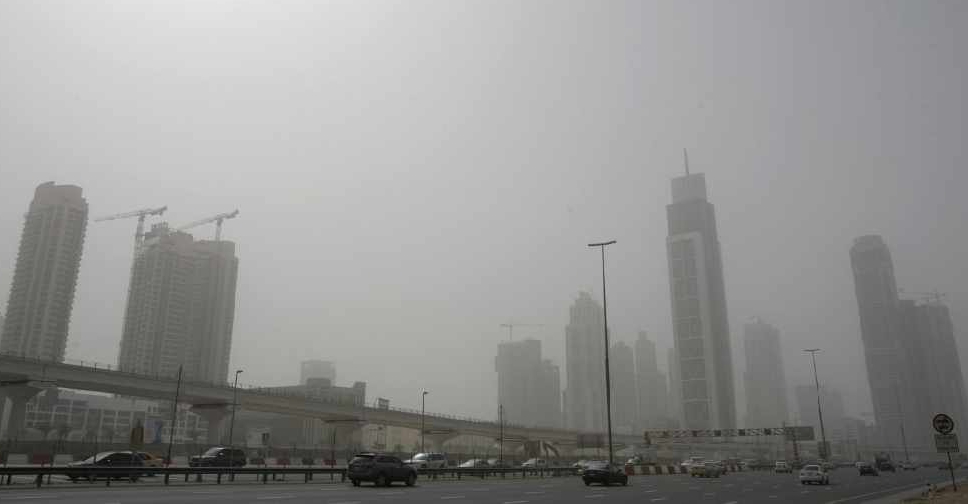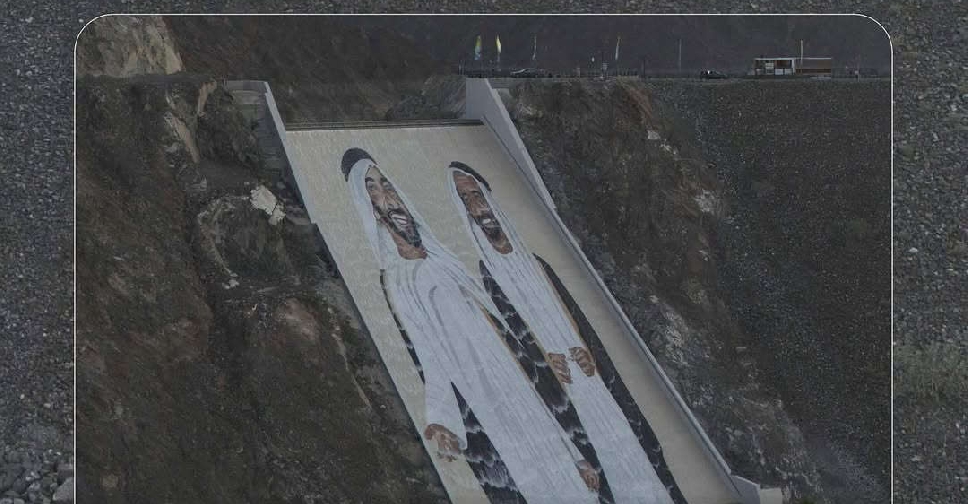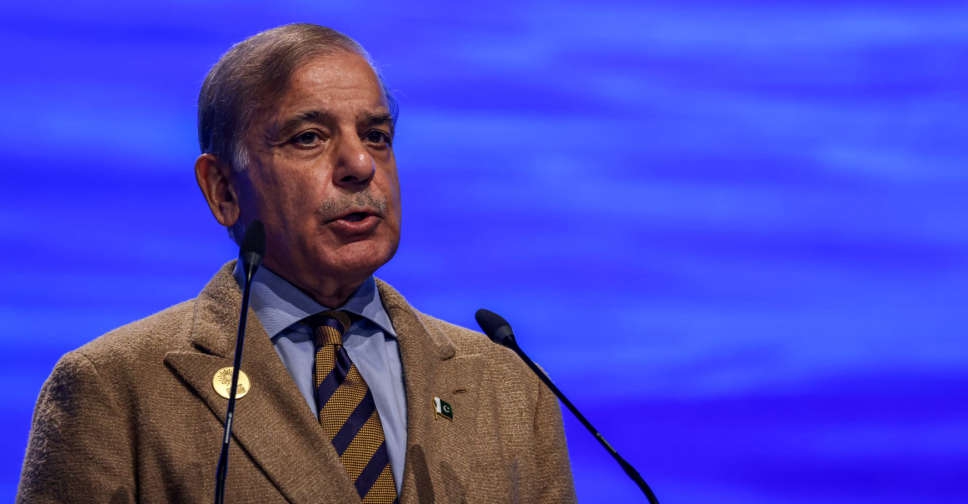
Pakistani Prime Minister Shehbaz Sharif has proposed that parliament be dissolved on August 9, three days before the end of its term, political sources said on Friday, paving the way for a general election by November.
The elections are due to go ahead after speculation they might have to be postponed because of months of political and economic turmoil in the country.
Two members of parliament who attended a dinner hosted by Sharif on Thursday told Reuters that he confided in his allies that he would seek a dissolution on August 9 and hand over to a caretaker government to organise the polls.
Parliament's five-year term is set to expire on August. 12.
"He said he will consult his allies over formation of a caretaker set up to hold the elections, and ... his proposal to dissolve parliament," one of the parliamentarians said.
The Ministry of Information did not respond to a request for comment.
The dissolution three days early would give Sharif and his allies more time to prepare for what is expected to be a bruising electoral battle with the party led by ousted former prime minister Imran Khan.
A caretaker government has 90 days in which to hold a general election when a government hands over power early, as opposed to 60 days if the government hands over power at the end of parliament's term.
Sharif's coalition came to power after former cricket star Khan was ousted in a vote of no confidence in April 2022.
Ever since, Khan has been campaigning for a snap election and organising protests, which led to significant violence on May 9, raising tension with the powerful military.
Khan accuses the military of plotting against him. The military, which has ruled Pakistan for about half its history, denies that.
Nevertheless, Khan's party has faced a crackdown over recent weeks that analysts say was backed by the military.
The political crisis has played out alongside an economic one.
Last month, the International Monetary Fund's board approved a $3 billion bailout for Pakistan to help it tackle an acute balance of payments crisis and dire shortage of central bank reserves.

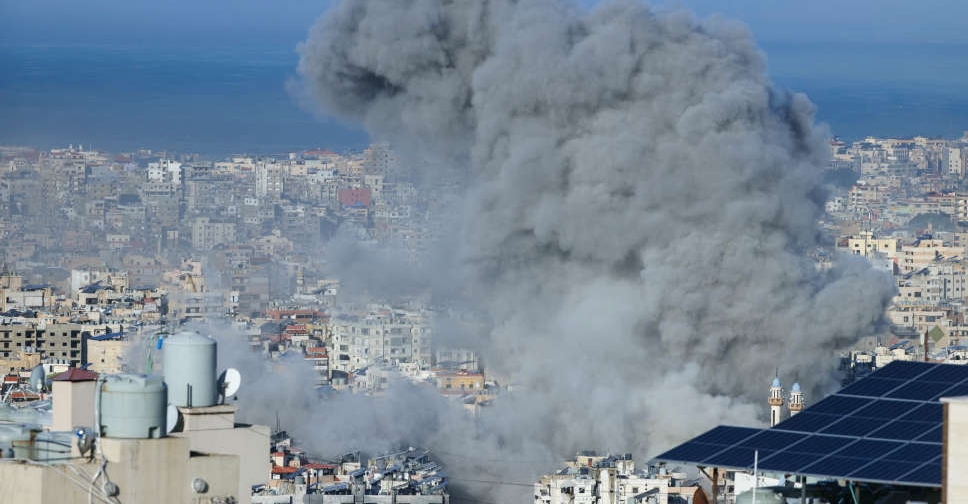 Israel pounds Beirut suburbs as Lebanon says 31 dead nationwide
Israel pounds Beirut suburbs as Lebanon says 31 dead nationwide
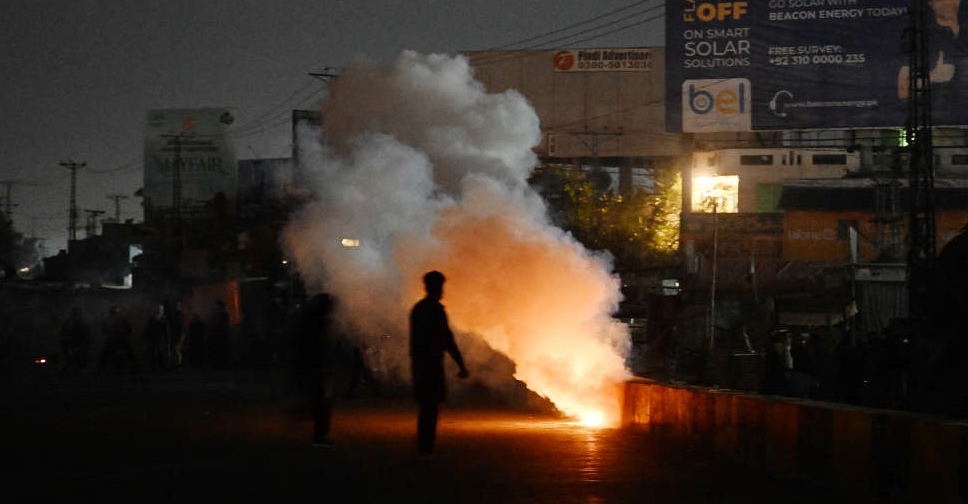 One killed, dozens injured in clashes during Pakistan protests
One killed, dozens injured in clashes during Pakistan protests
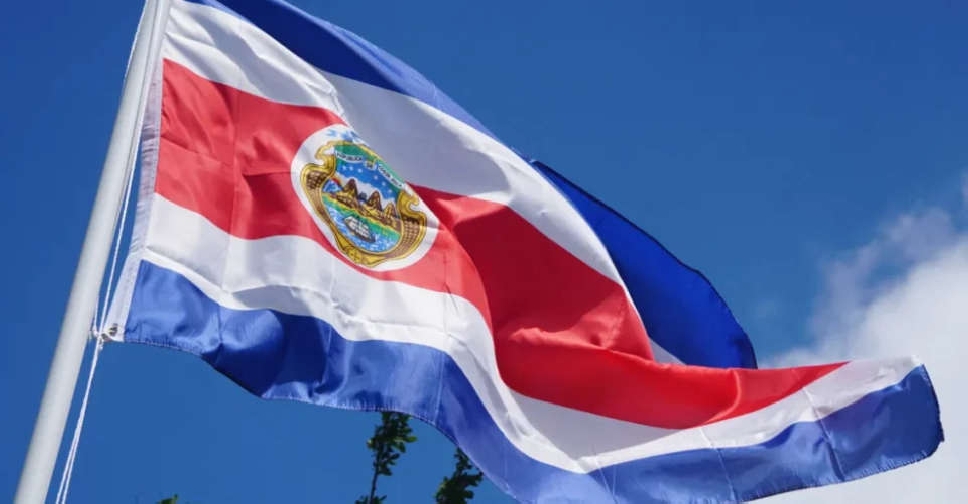 Five killed in plane crash outside Costa Rica capital
Five killed in plane crash outside Costa Rica capital
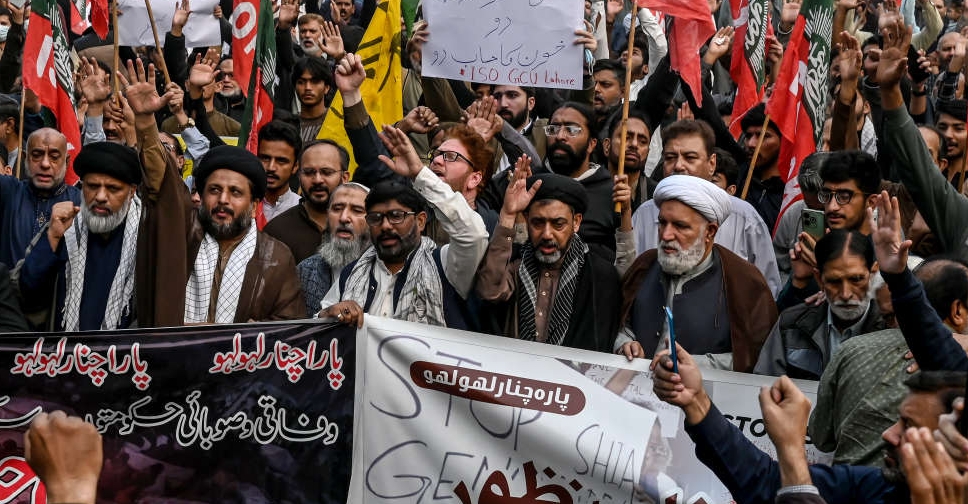 Pakistan sectarian fighting restarts, breaking truce
Pakistan sectarian fighting restarts, breaking truce
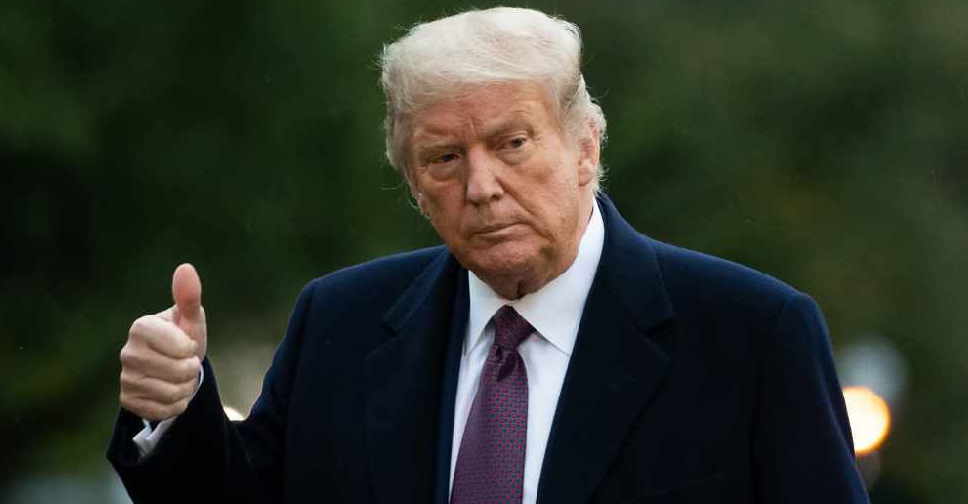 Judge dismisses Trump election subversion case
Judge dismisses Trump election subversion case
